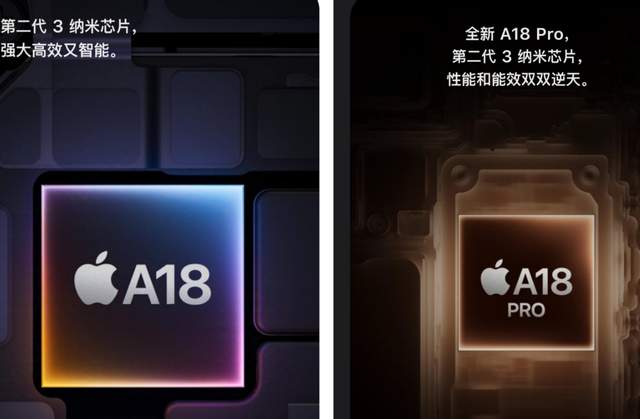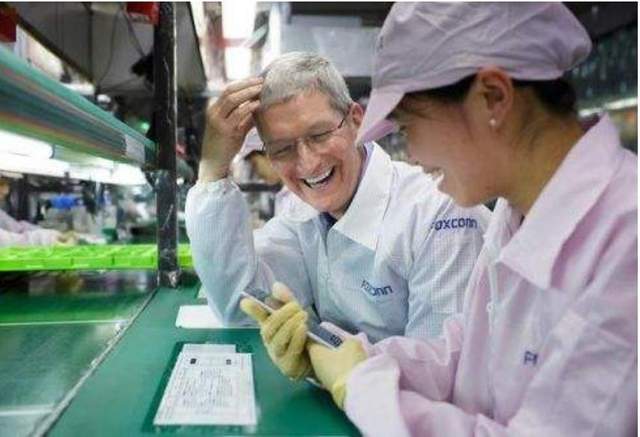iPhone16 supply chain: Cores are mostly from Europe, America, and South Korea, while Chinese manufacturers earn hard-earned money
![]() 09/19 2024
09/19 2024
![]() 529
529
Apple's iPhone 16 is now available for pre-order and will soon be available for purchase.
After its release, many people analyzed the supply chain of the iPhone 16 series based on Apple's specifications and configurations. However, behind this supply chain lies a stark reality: the core components of the Apple iPhone 16 are almost exclusively sourced from European, American, and South Korean manufacturers.
As for the Chinese supply chain, while numerous, it mostly consists of low-value items that are easily replaceable and dispensable.

For example, in the iPhone 16, the core A18 and A18 Pro chips are Apple's own, as is the iOS system, and many other chips are also Apple's proprietary designs.
The baseband chip is Qualcomm's, while the memory chips come from Micron, SK Hynix, Samsung, and Kioxia. For displays, the first batch of phones will likely use screens from Samsung and LG, with BOE reportedly not included in the initial batch (this information is not confirmed).
The CMOS sensor is from Sony, while radio frequency chips are from companies like Qualcomm (U.S.), and Broadcom (U.S.) supplies the WiFi chips.

In summary, high-tech, high-value, and high-barrier core components are almost exclusively sourced from supply chains in the United States, Japan, South Korea, and Europe.
Within the Chinese supply chain, excluding Taiwanese companies like TSMC, most Chinese mainland suppliers specialize in contract manufacturing, connectors, cases, cover glass, and other low-tech items.
Apple's choice of Chinese suppliers is not necessarily based on the quality of their products but rather on their competitive pricing and high level of cooperation.

Moreover, the Chinese supply chain offers efficiency and speed, ensuring timely and sufficient delivery of products to Apple. Chinese workers are known for their dedication and willingness to work overtime, making it possible to meet Apple's demands around the clock.
In contrast, many foreign companies do not share this level of commitment. They will not sacrifice their work-life balance to meet production targets, even if it means falling behind on supply.
Therefore, while Chinese companies play a significant role in Apple's supply chain, they often earn modest profits due to their low product premiums, high level of cooperation, and low costs. It is important to have a clear understanding of this reality.








